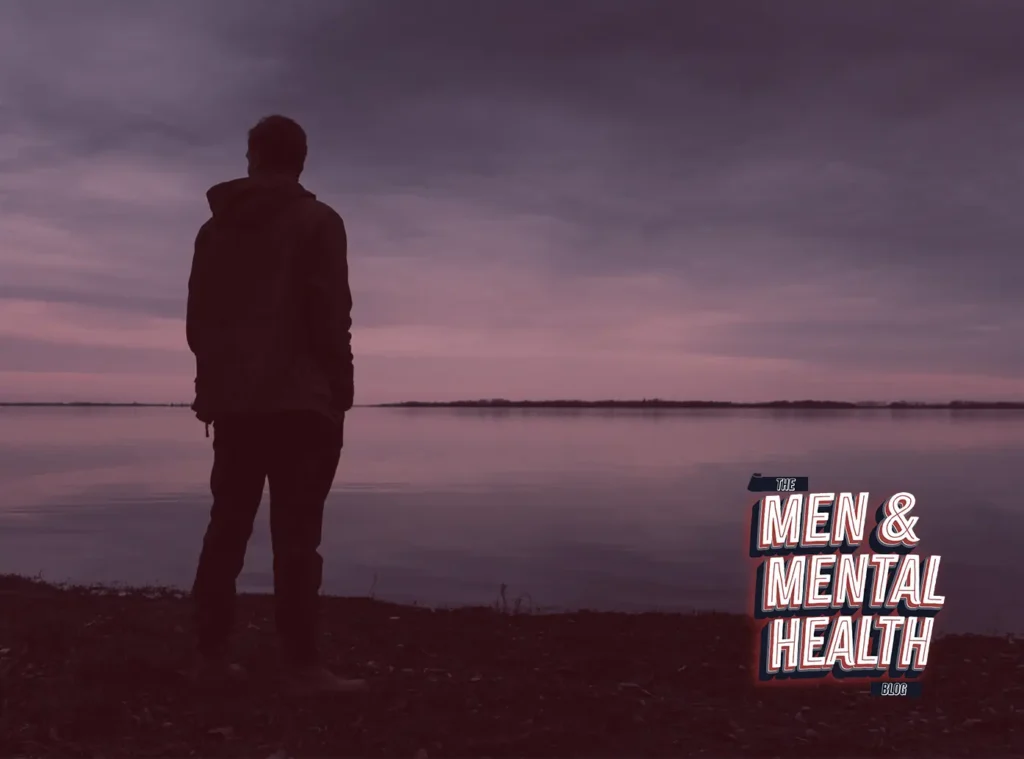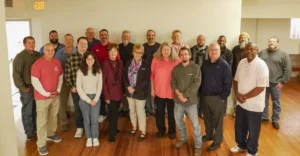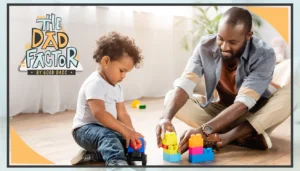I was recently made aware of The U.S. Surgeon General’s Advisory titled “Our Epidemic of Loneliness and Isolation” published earlier this year. Reading this report and looking at many of the statistics throughout made me increasingly concerned about the sociological impact loneliness and isolation is having on each of us. I began asking different questions in my therapy sessions, to my family and friends, and even to myself.
A Connected World Full of Lonely People
The purpose of these questions was to better understand the experiential reality for those people I work closest with and care about the most. Believe me when I say, ‘my concerns were confirmed.’ Loneliness and isolation were reported in nearly every clinical exchange, and most individuals in my personal life reported recognizing a need for greater connection. The Surgeon General’s report frames this issue as an epidemic.
The Oxford Dictionary defines an epidemic as, “a widespread occurrence of an infectious disease in a community at a particular time.” Are loneliness and isolation infectious? Are aspects of our current society facilitating the spread of this disease? Is there anything that can be done to mitigate the impact it is having? These questions flashed in my mind. With the ubiquitous presence of social media, text messages and email, you would think we would be more connected than ever, but the research says otherwise.
Shouting Kindness
So what can we do about this epidemic of loneliness? How can we better connect with others and get our social buckets filled? I strongly believe in the Golden Rule: The principle of treating others as one would expect to be treated themselves. As one of my recent patients exclaimed, “KINDNESS, PEOPLE!”
One way to better connect with others and reduce isolation/loneliness is to reach out to others in kindness. Look for opportunities to help others. Some of my most powerful memories are of moments when I connected with someone through service. Recently the Nixa area was struck by a powerful windstorm. The news called it the most devastating weather event since the ice storm of 2008. In response to this storm, neighbors, friends and even strangers came together to help clear trees, clean yards and support those without power. My family was one of the recipients of this kindness, and I felt more connection and community than I had felt in a long time.
As we fired up the chainsaws, rakes, trailers and trucks, people came together and forged connections. We don’t always need a disaster to achieve these connections. Look for opportunities to get outside of yourself and serve others. This clinical psychologist can assure you that by doing so, you are much more likely to feel a sense of connection and a reduction in loneliness. As with so many principles in life, we get out of it what we put in. If you are feeling isolated and lonely, reach out to someone, anyone, in kindness and genuinely assess how you feel after. Take this on as an experiment and prove me right.

Loneliness VS Isolation: Focus on What You Can Control
Another worthwhile consideration involves examining patterns in our lives. Ask yourself if you are doing things to keep people away, at a distance, or even completely locked out of your life. Loneliness is a subjective experience, which suggests it is within our power to change it. One of the core principles of Cognitive Behavioral Therapy, and one I make sure to review with every patient, is the fundamental realization that there are really only three things within our control: Our own thoughts, feelings and behaviors.
By focusing on developing connections and overcoming loneliness, we exert control over these three pivotal areas of our lives. Much like negative self-talk promotes depression, focusing on gratitude and kindness can promote connection. Learning to share, speak kind words and play well with others are all kindergarten skills we need to foster in ourselves and others.
This is one reason Good Dads is so focused on supporting the efforts of dads to connect with their kids in meaningful ways. These efforts not only benefit the child, but the father as well. Be purposeful in your interactions. Mean what you say and say what you mean. Listen. Be conscientious and agreeable. Doing more of these things will draw people closer to you and reduce this epidemic of loneliness and isolation.
Unlike loneliness, isolation can sometimes be outside of our control. A variety of factors can significantly contribute to our objective isolation. To overcome this, many must face fears and anxieties that have kept them on the figurative and literal outskirts of town. While someone can be surrounded by people and still feel lonely, isolation occurs often due to geography as well as opportunity.
In 2008 we picked up our little family and moved from our home in Utah to live in Nixa, MO, to attend graduate school. We felt both lonely and isolated for a time. Lucky for me, my wife is a bit of a social butterfly and quickly helped us connect with members of our neighborhood and faith-based community. This provided a reduction in loneliness, but we still felt somewhat isolated from everything and everyone we knew. With time and effort, we began to tackle the isolation and have since made Missouri our home, increasing our sense of community and connection. We were initially geographically isolated, but because of decisions spurred on by my lovely wife, we took opportunities to connect.
Overcoming Loneliness Might Mean Taking Risks
Maybe your shift at work makes it difficult to connect with others regularly. Maybe you are feeling socially anxious and avoid interactions with friends, family and strangers. Or maybe you moved to a new place and feel disconnected from your new community. Whatever is contributing to your isolation, reach out to those around you. Be purposeful. And make a concerted effort to get out of your comfort zone. Doing so is a risk, but a very worthwhile one. What is the old saying? “It is better to have loved and lost than to never have loved at all.”
We are social animals. We have evolved to function within a community and rely on each other for a variety of needs. The epidemic of loneliness and isolation is real, but it does not have to prevail. We know what to do, move forward with kindness, serve others, face fears, share, speak kindly to others and make it a priority to connect with others. Pick one of these things over the next week and practice implementing it on a regular basis. Doing so will make you a force of good in this battle for connection.




